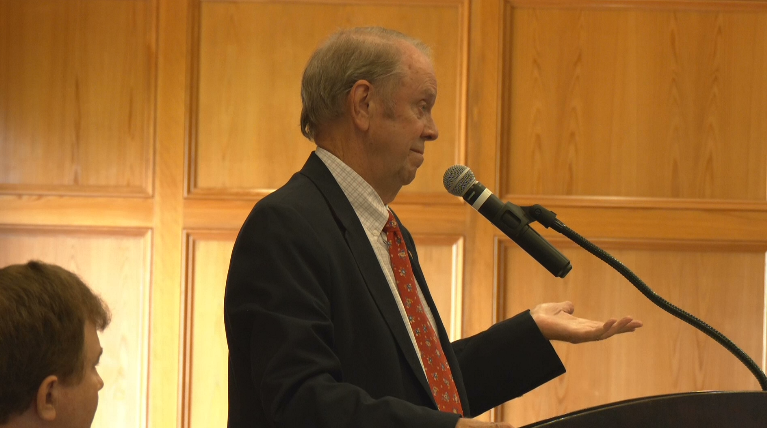Measuring Eclipse Effects on Columbus Weather
Solar eclipses are a rare treat for us here in Mississippi, and while they are amazing to look at, they also provide an interesting example of what happens to our weather when we lose incoming solar radiation.

Temperatures in Columbus took a tumble during the peak of the solar eclipse, starting just after 1 pm, and dropped around 8 degrees. A similar trend was noted in heat index values. Relative humidity increase slightly during the eclipse, because as temperatures drop, relative humidity increases if the same amount of moisture exists within the air. Relative humidity measures how close the air is to saturation, so if the temperature decreases and moisture remains constant, relative humidity increases.

In addition, a slight reduction in wind speed was noted during the eclipse as well, although that data was a bit noisier and the trend not particularly strong. In locations where totality occurred (100% coverage of the sun by the moon), winds were likely to go completely calm.

Even cloud cover receded some during the eclipse. Here’s what that looked like on our Tupelo skycam and on visible satellite.
So while looking at the eclipse was an amazing experience, looking at the effects it had on Mississippi weather might be almost as cool.





Leave a Reply